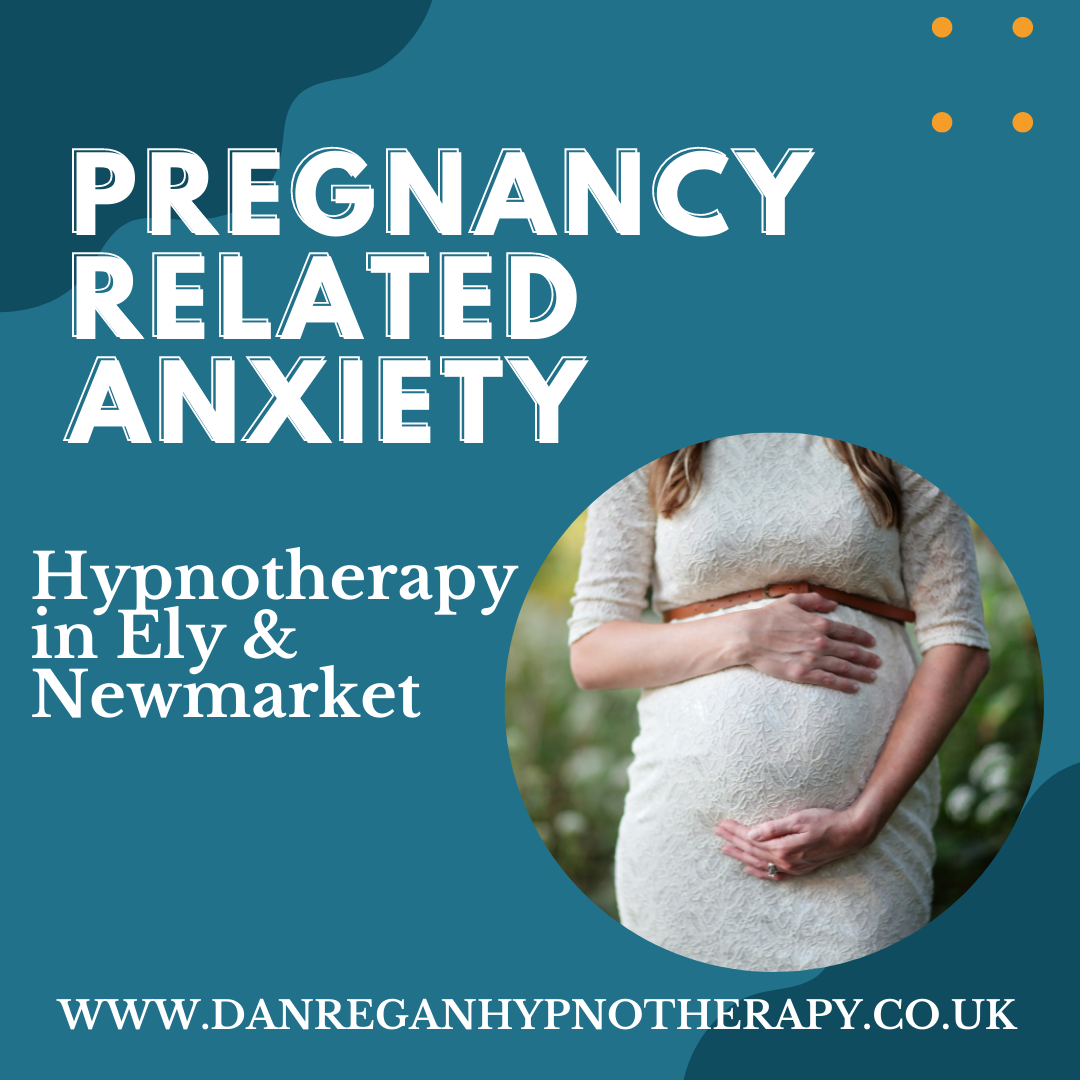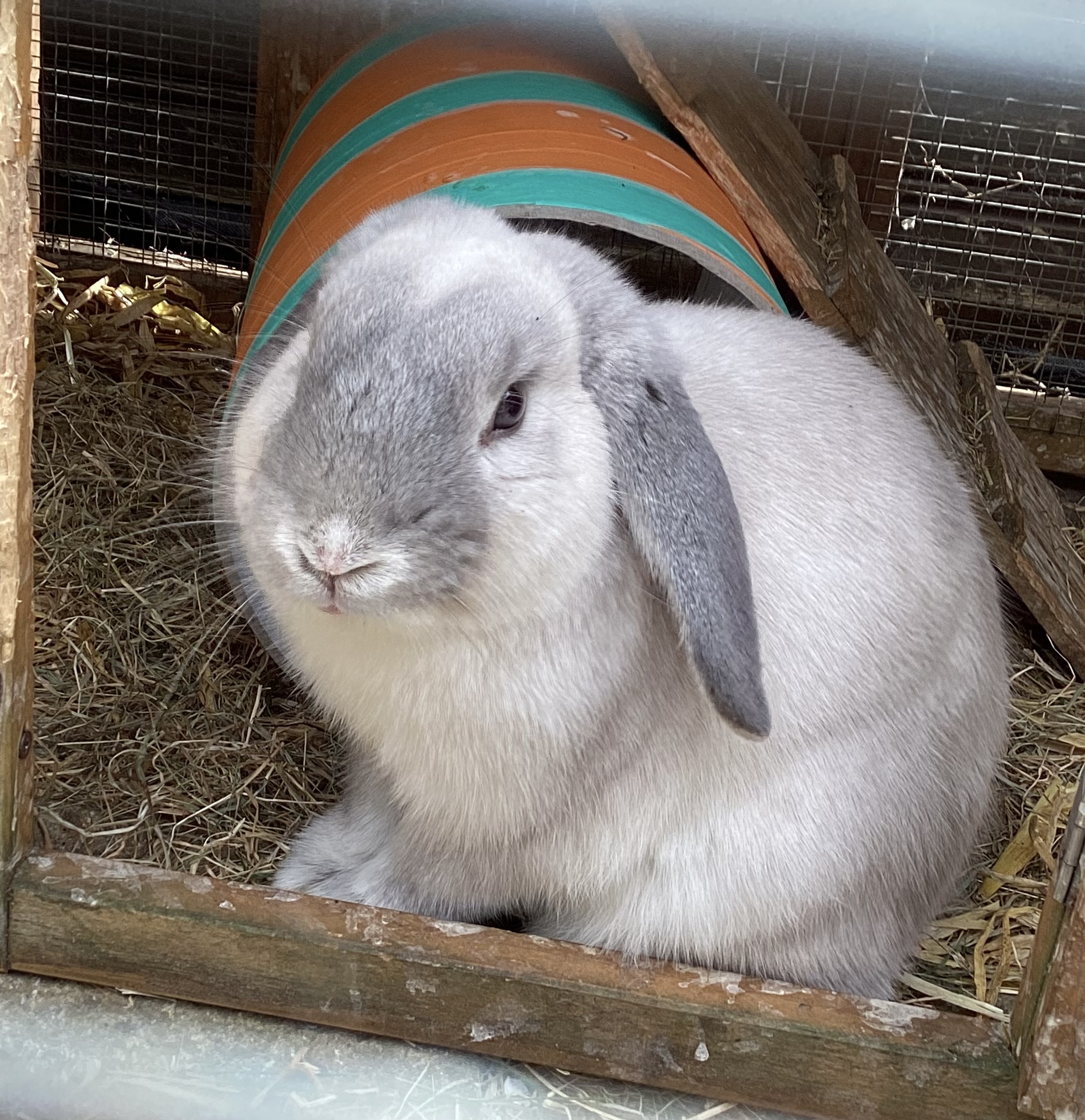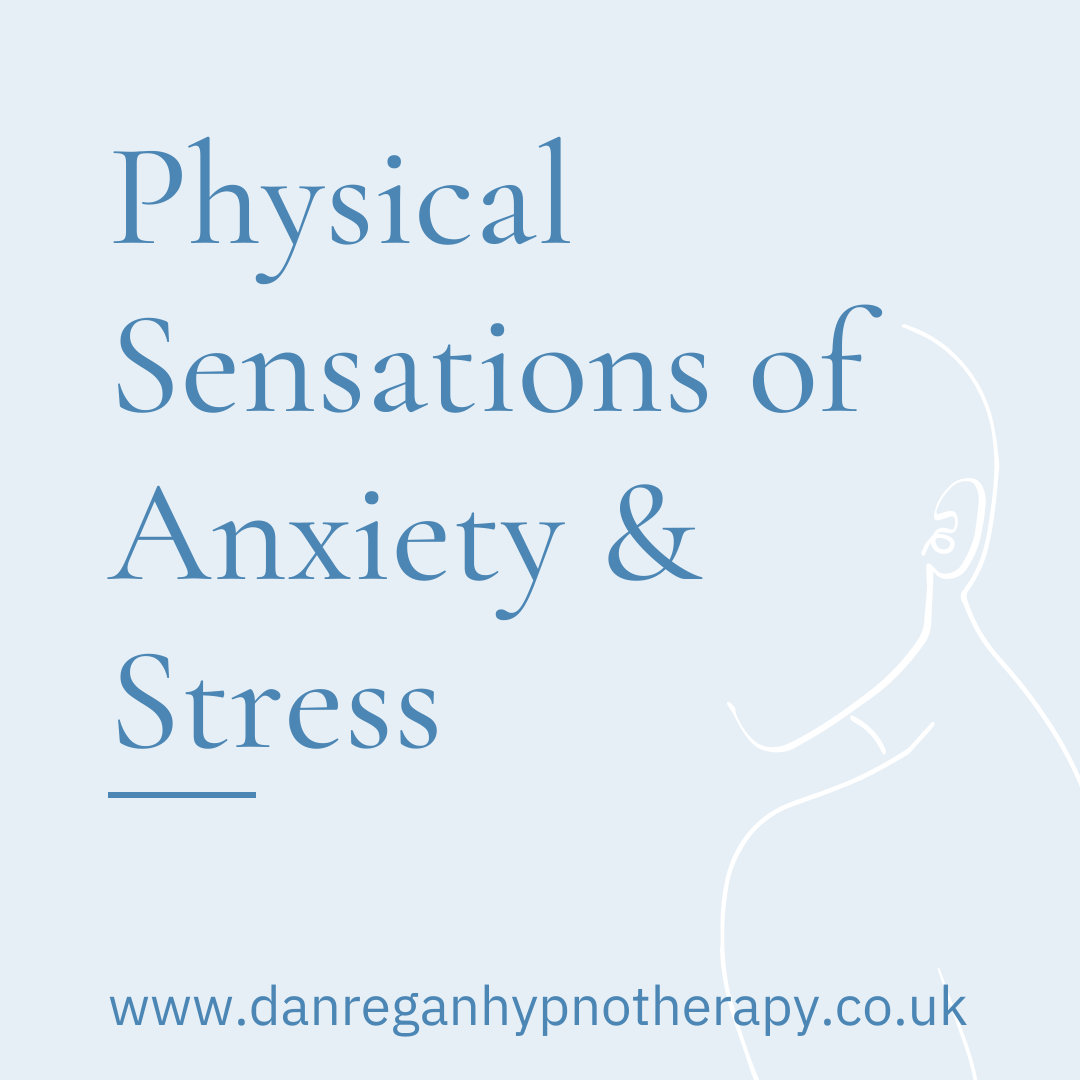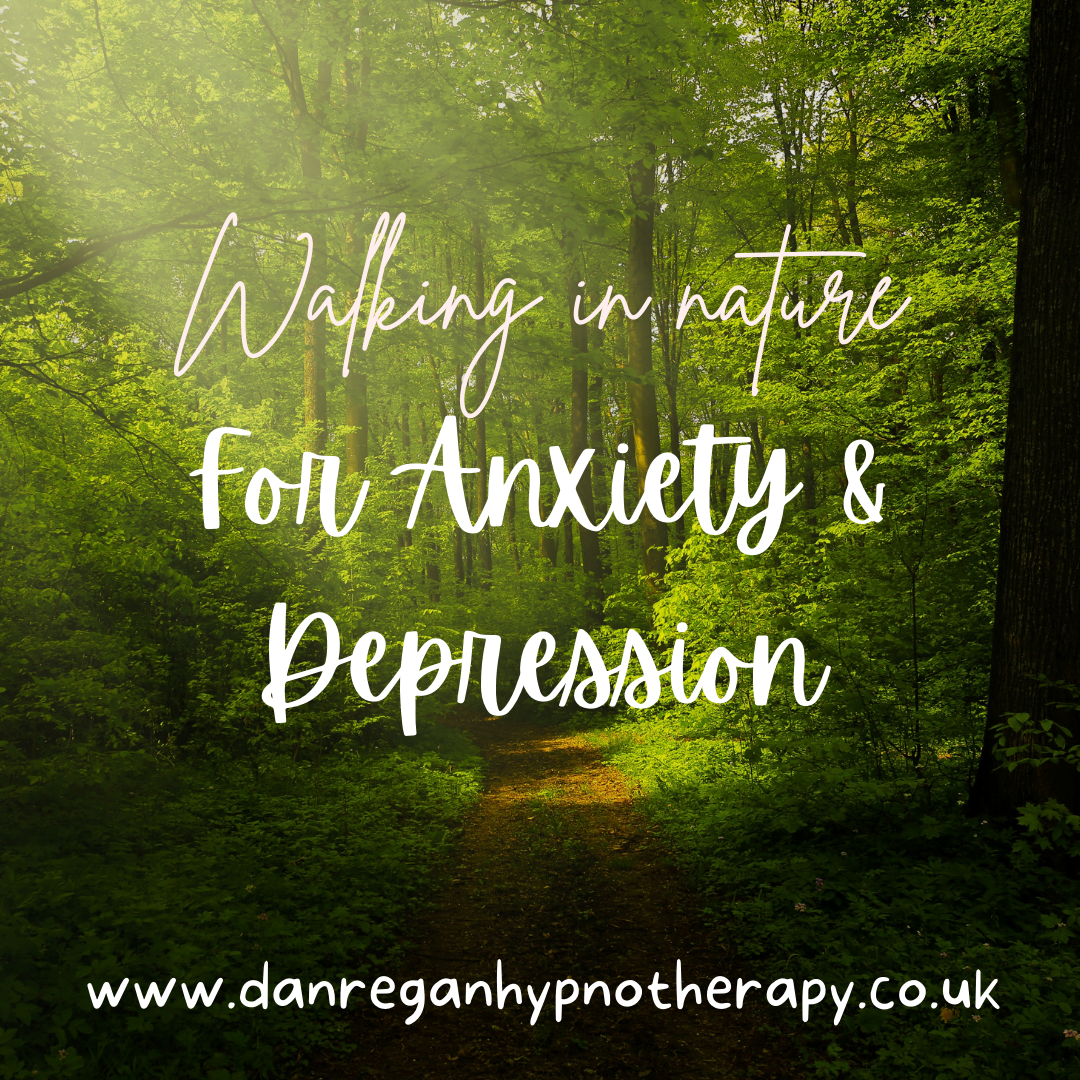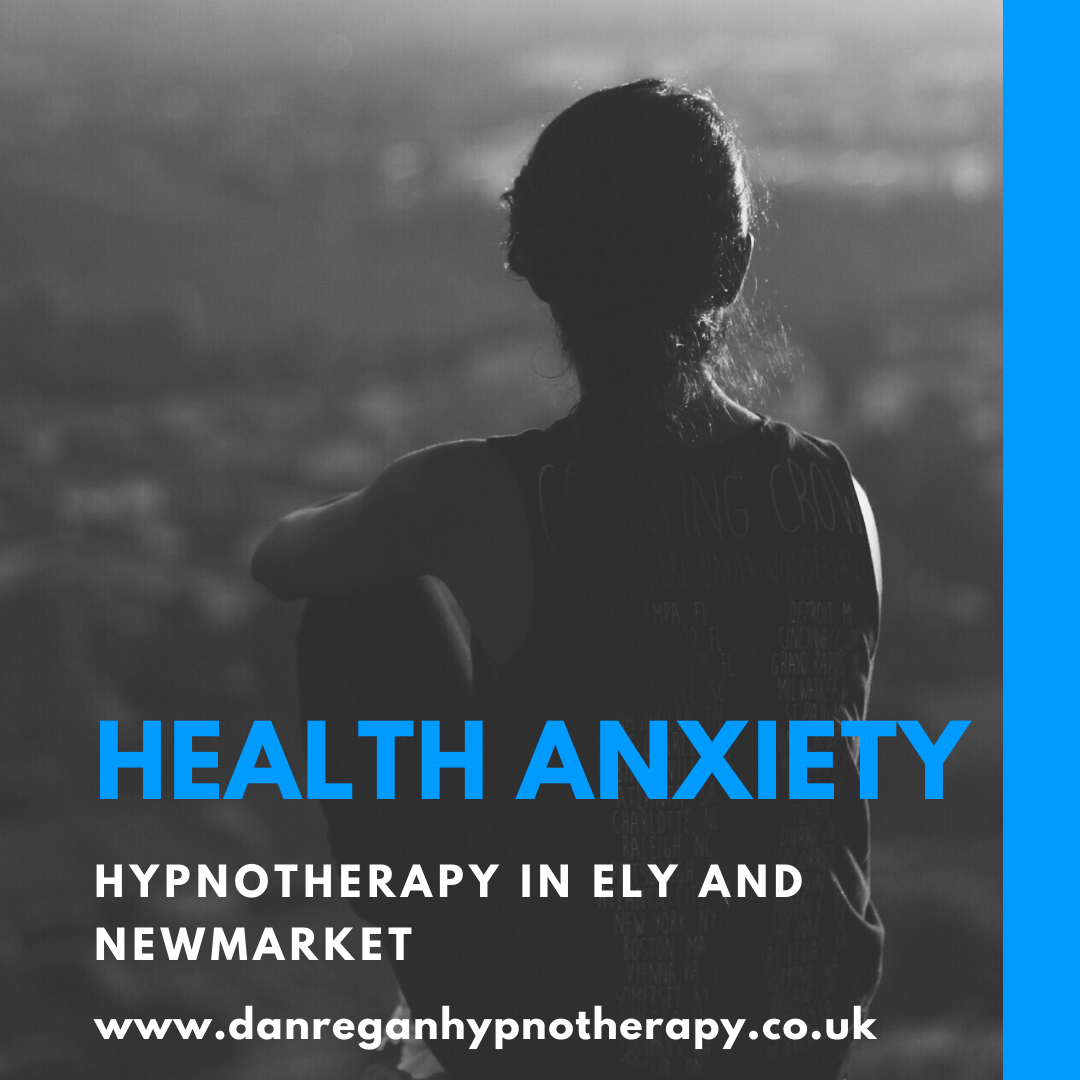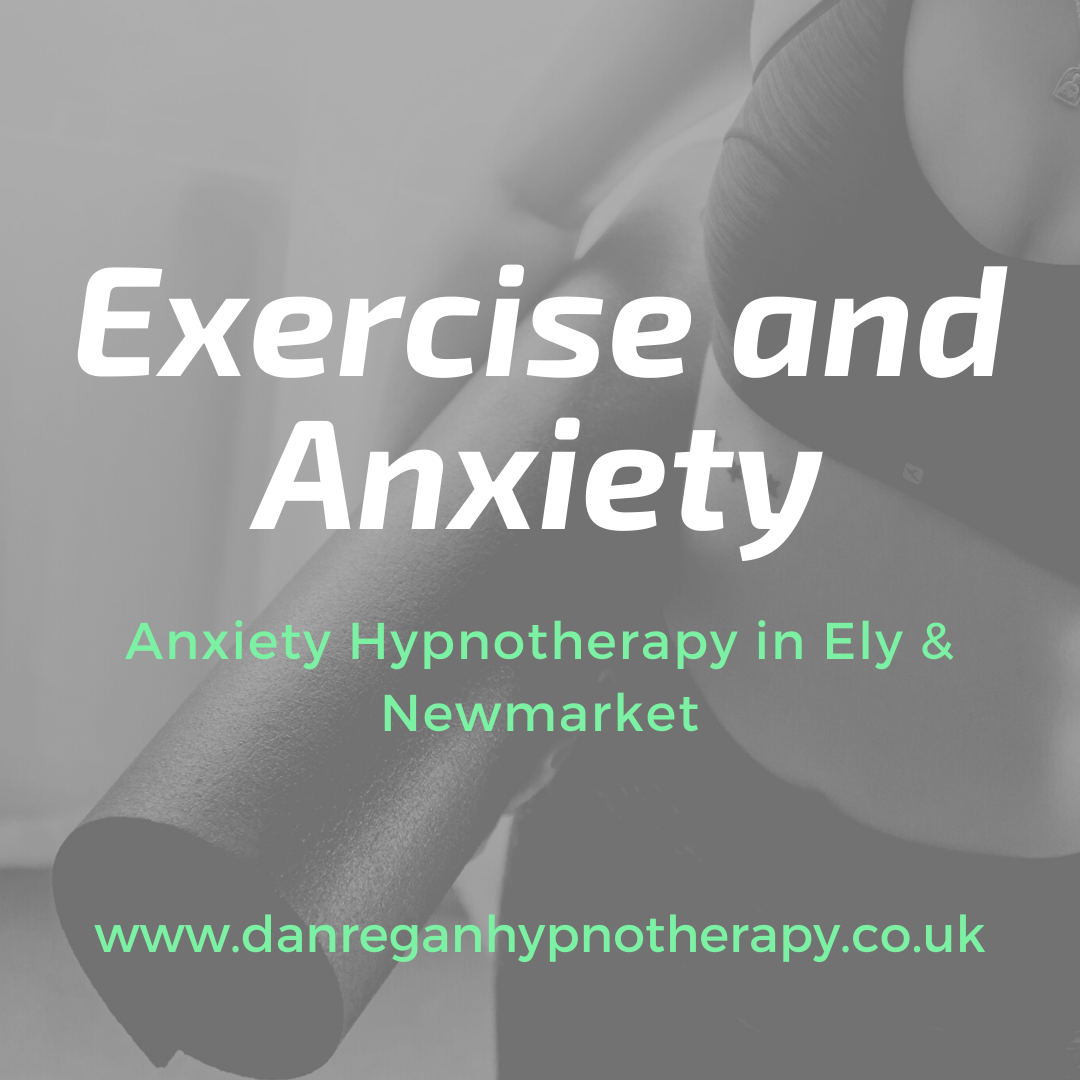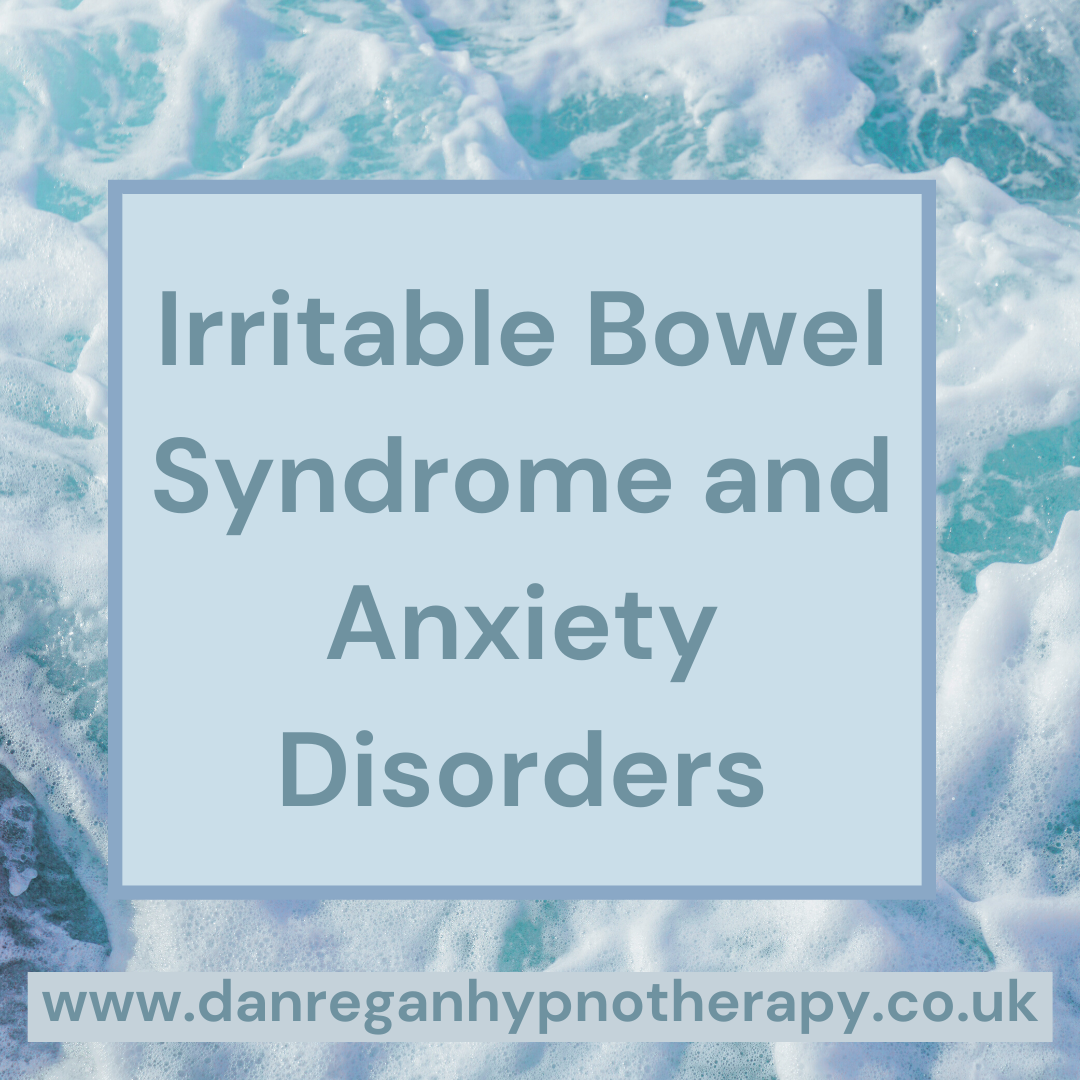Required
Pregnancy Related Anxiety – Hypnotherapy in Ely and Newmarket
Pregnancy Related Anxiety – Hypnotherapy in Ely and Newmarket
Life can be funny when you’re a parent. One minute they are on the way, and then they arrive and the life is full of ups and downs, and laughter and telling offs and getting stuff done (and then even more needing to get things done!). In no time at all, old photos are popping up on social media memories and you realise how much has gone on and is still to happen in their lives (and your own too).
Recently my youngest had her birthday and, amongst all the fun, we talked about some of early memories of her. There where the moments when we first met her at the hospital, when her sister excitedly saw her for the first time, the laughs, the chats and the other little quirks that we love so much and that happened along the way. A friend brought her little baby around to our house and you suddenly remember there was actually a time before they could even answer you back!
And pregnancy and babies seems to have been very much the theme at home recently, with my wife currently training to be a doula (which I think she’ll be fab at) so that she can provide guidance and support to new mum’s, especially during those early days when everything goes haywire and the level of demands and challenges massively magnify.
I often work with women during pregnancy where they may be struggling with anxiety and a sense of overwhelm. There may be anxiety about health, about being in hospital and coping with the birthing process, and about how well they think they will cope with having the responsibility of a new born to look after. There is no doubt that there are a lot of demands, challenges and things to learn through pregnancy and into parenthood (as well as a lot of love, happiness and joy, of course!!).

